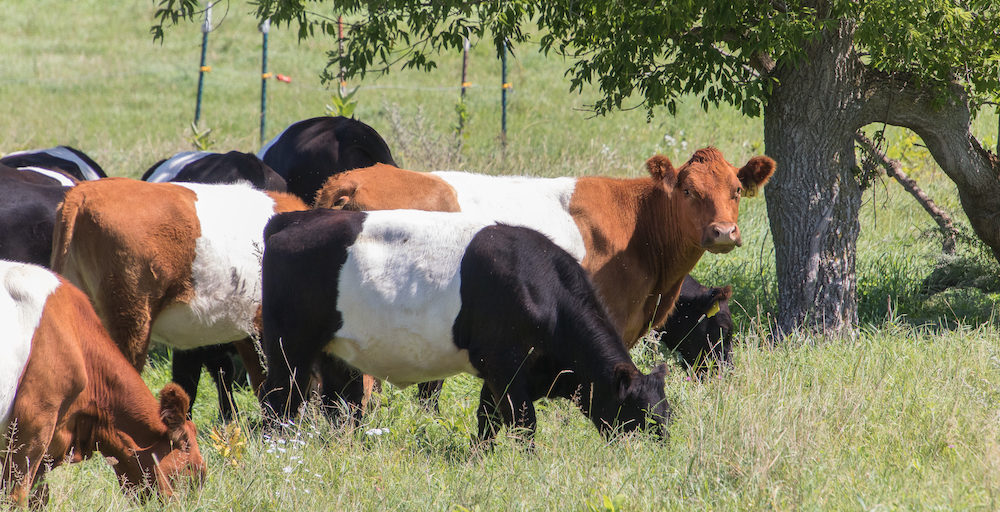It feels like 150 degrees out there; way too hot for picking beans, weeding beets and thinning carrots. And the thought of putting huge pots of water to boil to blanch greens and can veggies is crazy-making. But that’s what summer’s about, isn’t it – enjoying what you can now of the fruits and veggies from your garden, CSA box or farmers market, and preserving the rest for the much cooler days we know are ahead.
Fermentation is a great way to preserve veggies without heating up the kitchen. For example, yesterday – when it was 84 degrees – I put up kimchi (think of a very spicy Asian version of sauerkraut) and swiss chard stems. It was easy.
What is fermentation, you ask? It’s a method of preserving foods that’s been used for thousands of years by cultures the world over.
In a nutshell, and at its most basic, what you do is submerge your chopped, sliced or whole veggie in salted water (a brine) and then let the action of anaerobic bacteria do their work to “sour” the food. The beneficial micro-organism harnessed for this work is lactobacillus bacteria. That’s why this process is sometimes referred to as lacto-fermentation.
By the way, although the terms sound similar, lacto-fermentation has nothing to do with milk and lacto-intolerance. Instead, lacto refers to the lactic acid produced by the bacteria which acidifies the food, releases additional nutrients from the veggie, and keeps it safe to eat. Think of sauerkraut – fermented cabbage. Fermented foods can be ready to eat in a handful of days or after several weeks, and then stored for months more. Key to this process is constantly keeping the veggies submerged.
Oh, and what did I do with the chard leaves I stripped from the stems? I blanched them in boiling water for two (2) minutes and then plunged them into ice water to stop the cooking and ready them for the freezer. Again – easy.
So what’ll it be this weekend (after it cools down enough to head out to the garden)? I think I’ll pick green beans to ferment with a brine and a variety of other spices. Fennel? Caraway? Dill? What will work best with my grass-fed beef burgers, pot roasts and steaks?
Here are some of the books I’m using to build my fermentation skills:
– The Art of Fermentation, by Sandor E. Katz
– Fermented Vegetables, by Kristen K. Shockey & Christopher Shockey
– The Kimchi Cookbook, by Lauryn Chun
– The Nourished Kitchen, by Jennifer McGruther
– Preserving Food Without Freezing or Canning, by The Gardeners & Farmers of Terre Vivante
What are you fermenting?
Sylvia








